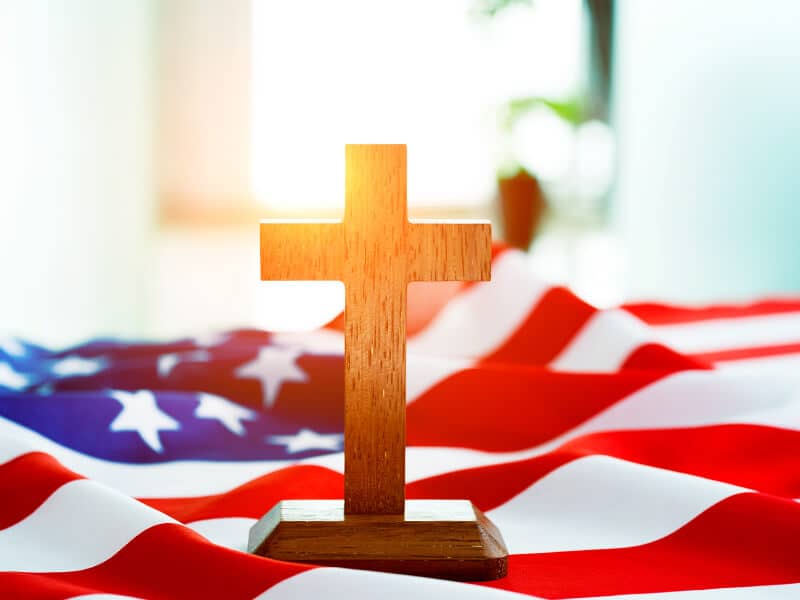"Your ability to understand Scripture may be appropriate in Iran," he said, "but it sure is not appropriate here."
WASHINGTON, Aug. 30 (AP)--Joseph Lieberman's upfront expressions of
religious faith are making some constitutional activists and religious
scholars nervous. "Parading piety," one calls his words.
But Al Gore's running mate is also drawing interest from an unlikely source
--religious conservatives who have struggled through enduring ridicule to
inject God into politics and now welcome the Democrat to the fight.
More now than just a way of introducing himself to the nation, Lieberman's
invocations of God are threaded through his campaign, and he's making no
apologies.
"I'm going to keep on doing what I'm doing because it's the American way,"
he said Tuesday.
"He's pushing it too far," said Martin E. Marty, emeritus professor at the
University of Chicago and a scholar who was initially upbeat when Lieberman
began talking about his Jewish values in the campaign. Now Marty sees
Lieberman "parading piety."
Even so, he says Lieberman is lending legitimacy to the right's decades-long
campaign to place religious values at the core of politics--a point
precisely echoed by a leader of that effort.
"While some Republicans dislike the Lieberman selection intently--it
endangers their victory--for those who want to advance the cultural issues,
this selection is a home run," said Paul M. Weyrich, president of the
conservative Free Congress Foundation.
"It validates cultural questions as the centerpiece of the national
political debate."
Phyllis Schlafly, a figure from the early days of the Christian conservative
movement and still an influential activist, said she in some sense welcomes
what Lieberman is doing even though he is at odds with her side on abortion,
gay rights and more.
"There's an element in this country that treats religious people like
smokers,'' she said--"'You can go down the dark alley and hide in the
doorway and have your cigarette, but for heaven's sake don't be around the
rest of us.'"
But she added, "It's clearly a double standard" for people to attack the
right while not calling Lieberman to account.
So far the toughest response has come from the Anti-Defamation League, whose
chairman and director joined in a statement saying an emphasis on religion
is "inappropriate and even unsettling" in this religiously diverse
society. The league fights anti-Semitism.
Gore said Lieberman "believes, as I do, in separation of church and state.
I believe in what he's saying. He's a man of great faith and I knew that
when I selected him."
Religious conservatives were not extending a wholehearted welcome to
Lieberman. Weyrich said he should have to explain how he squares his support
for abortion rights with his religious values.
And Schlafly attributed Lieberman's conduct to a political calculation by
the Gore campaign that religion sells and helps insulate Gore from President
Clinton's moral failings.

